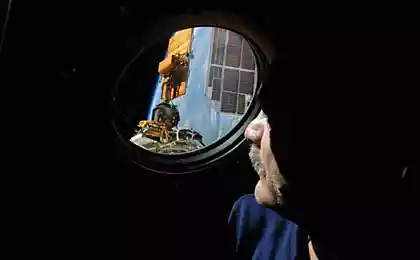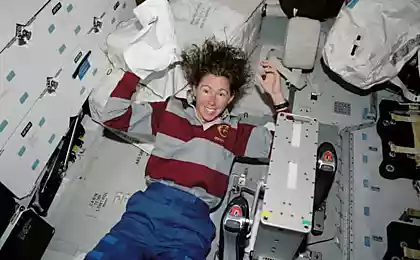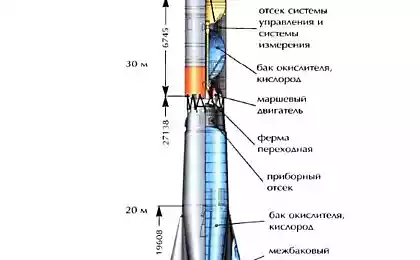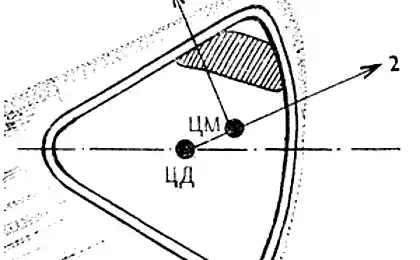256
How long can a person stay in space and what can this lead to?
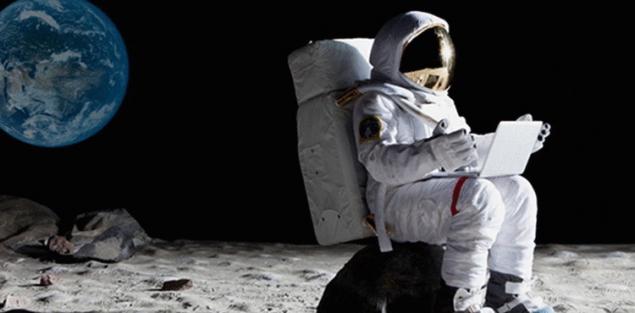
How long can a person stay in space? Frankly speaking, science still cannot answer this question. However, each new team of astronauts aboard the International Space Station provides scientists with new information that allows them to reconsider some aspects related to this issue.
To date, the record stay in space is 437 days. It was put by Russian cosmonaut Valery Polyakov almost 20 years ago. For Polyakov, this flight into space was the second in a row. During his first flight, the astronaut spent 240 days in orbit of our planet. Sergey Krikalev spent a total of 803 days there for more than six space flights.
It is no secret that space is not the most suitable place for a person to be in it. Simply because human physiology is not adapted to it. It is adapted for life under gravitational conditions. Since our muscles literally try to resist gravity on Earth, they will be practically useless in space. And eventually they will begin to atrophy. All of our muscles will be affected, including the muscles of the heart, neck and other parts of the body.
Since our bones in space will not need to experience the same stresses that they experience on Earth, they will not need to engage in regeneration processes. Bone weaving will continue to be depleted and absorbed by the body, but it will no longer be restored, as it happens on Earth, in space. This absorption can eventually lead not only to kidney stones, but also make bones very fragile.
The graph below (as a percentage) shows which parts of our body bones wear out the most in space:
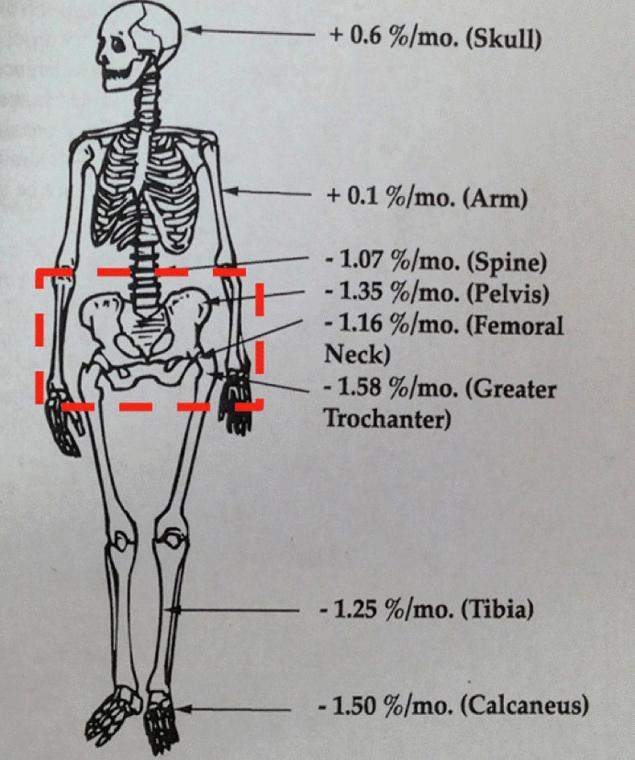
Scientists cite evidence that a long stay in space can lead to disruption of our immune system. And while the risk of getting infected in space is not too great, a disruption of the immune system can lead to highly undesirable autoimmune reactions and hypersensitivity.
In addition to the negative factors of the influence of microgravity, radiation is potentially a great danger to the body. Many people do not even think about how much our planet protects us from it. Astronauts in space simultaneously experience the effects of cosmic radiation, solar radiation, cosmic solar particles and radiation associated with the geomagnetic field. All of these types of radiation are so intense and concentrated in space that when astronauts close their eyes, they often still “see” bright flashes. This is due to the fact that cosmic rays hit their optical nerves.
Exposure to radiation leads to cell death and can cause mutations and reactions that result in cancer or epigenetic effects (changes at the genetic level). Some systems of our body are so sensitive to the effects of radiation that they almost instantly stop working. Fails the immune system, the bone marrow system, and the eye system, the failure of which can lead, for example, to the development of cataracts.
Science is trying to develop better protection against radiation, but the irony is that this protection could be a source of so-called secondary radiation. When an energy particle hits a protective material, it can emit gamma rays and active neutrons.
Source: hi-news.ru





